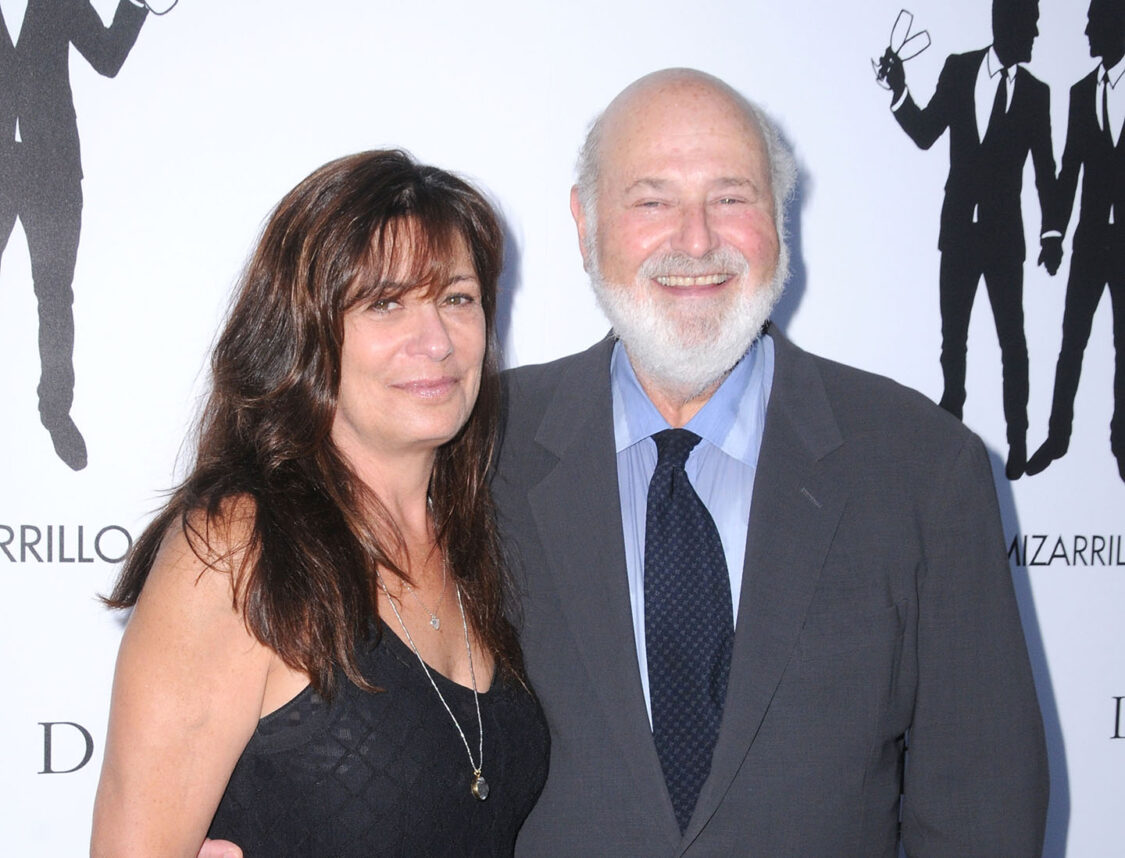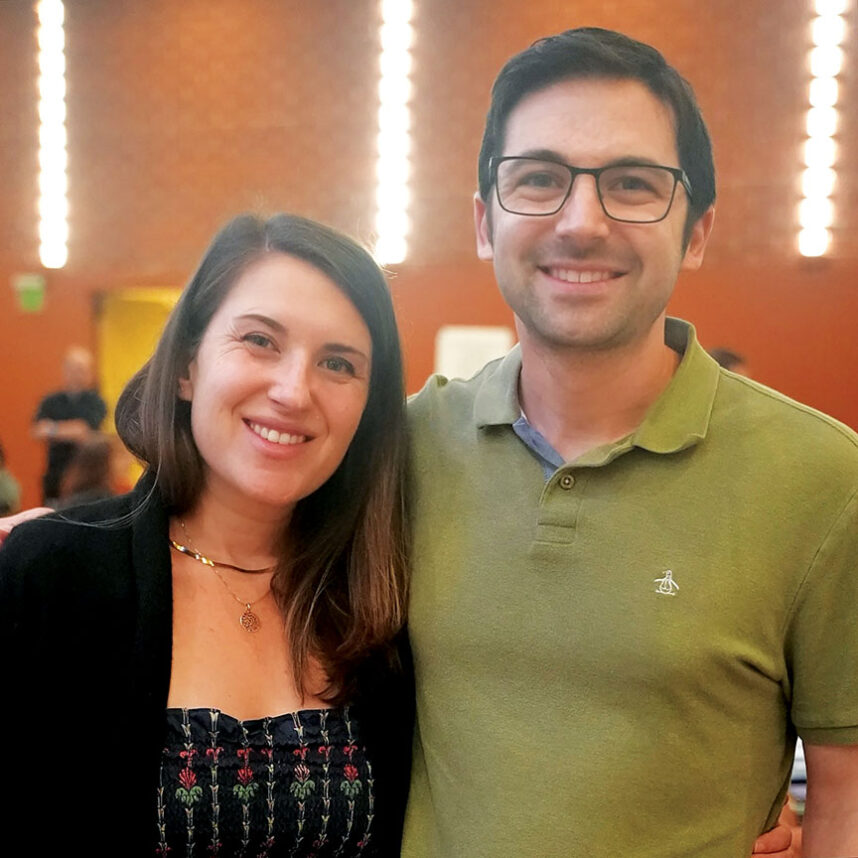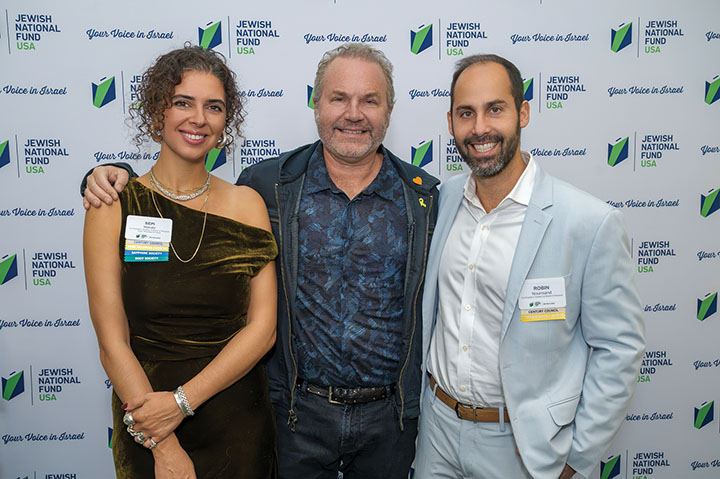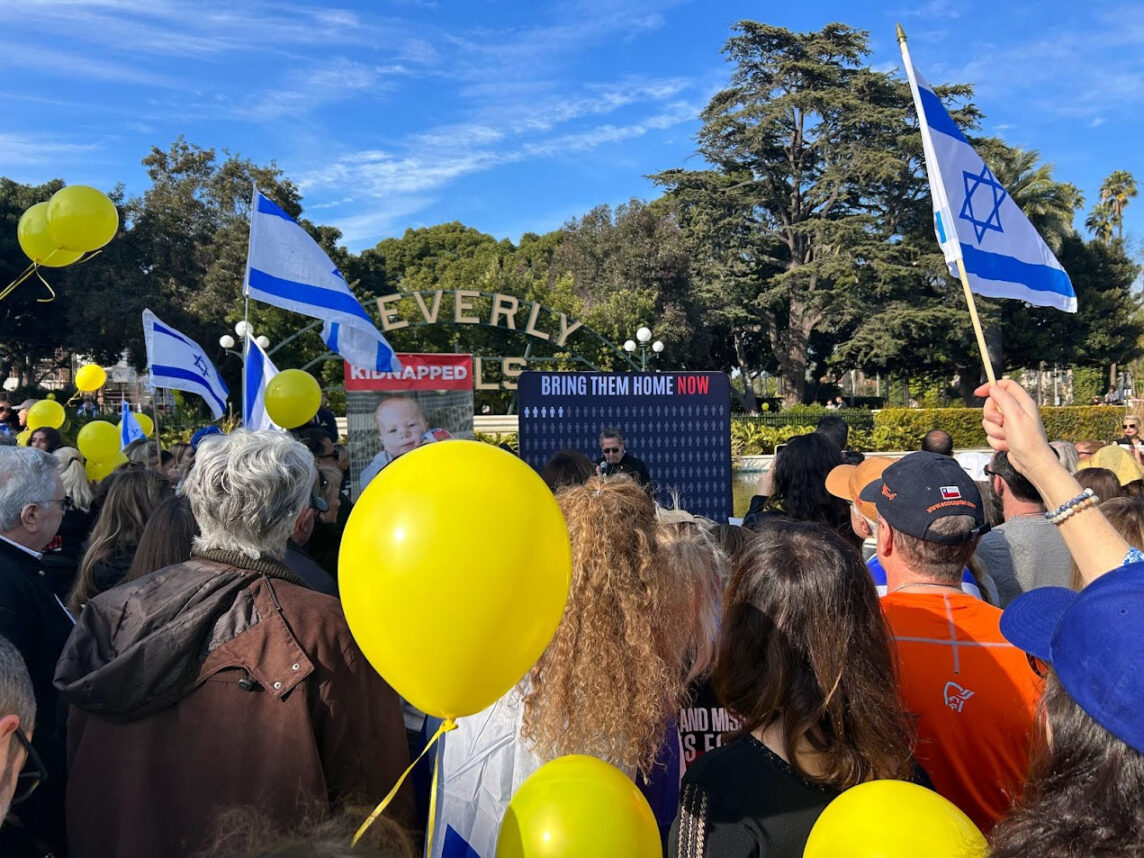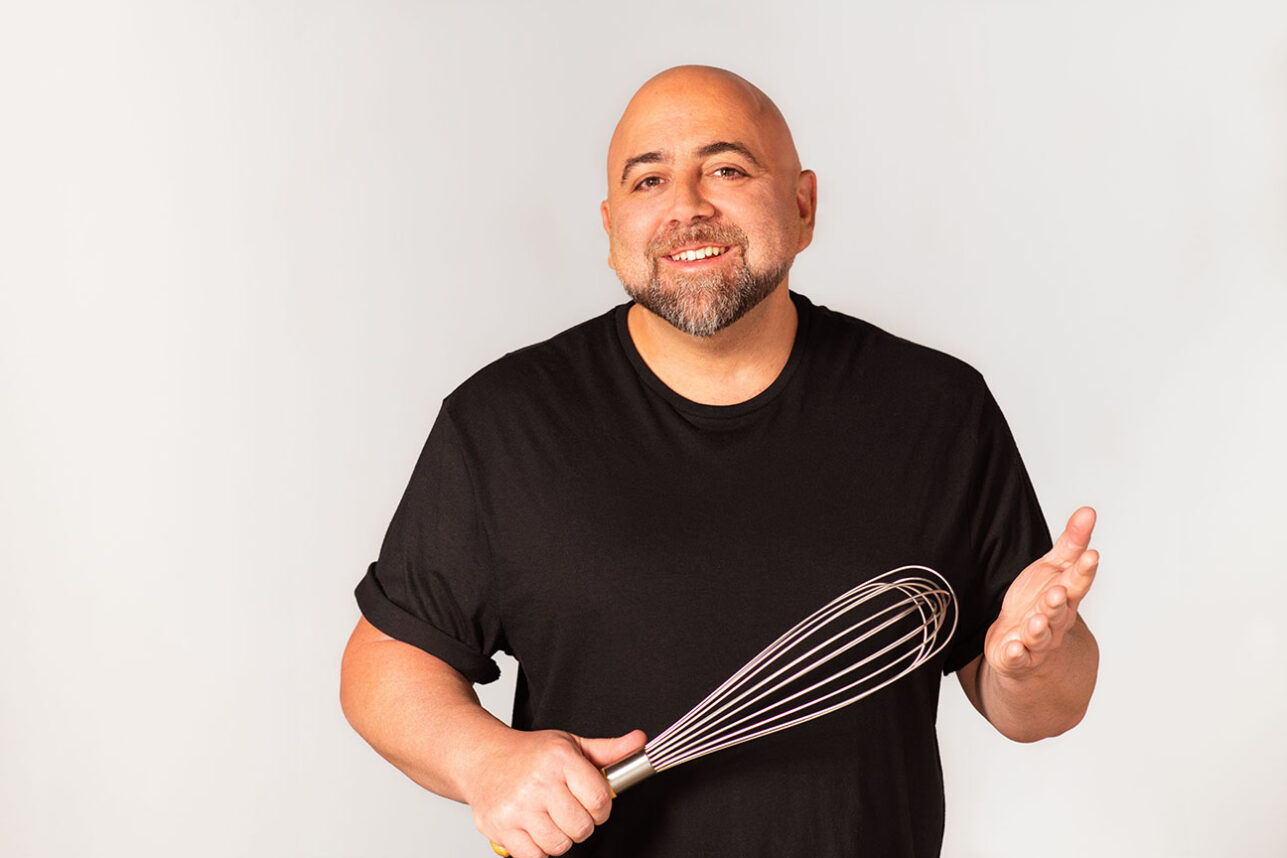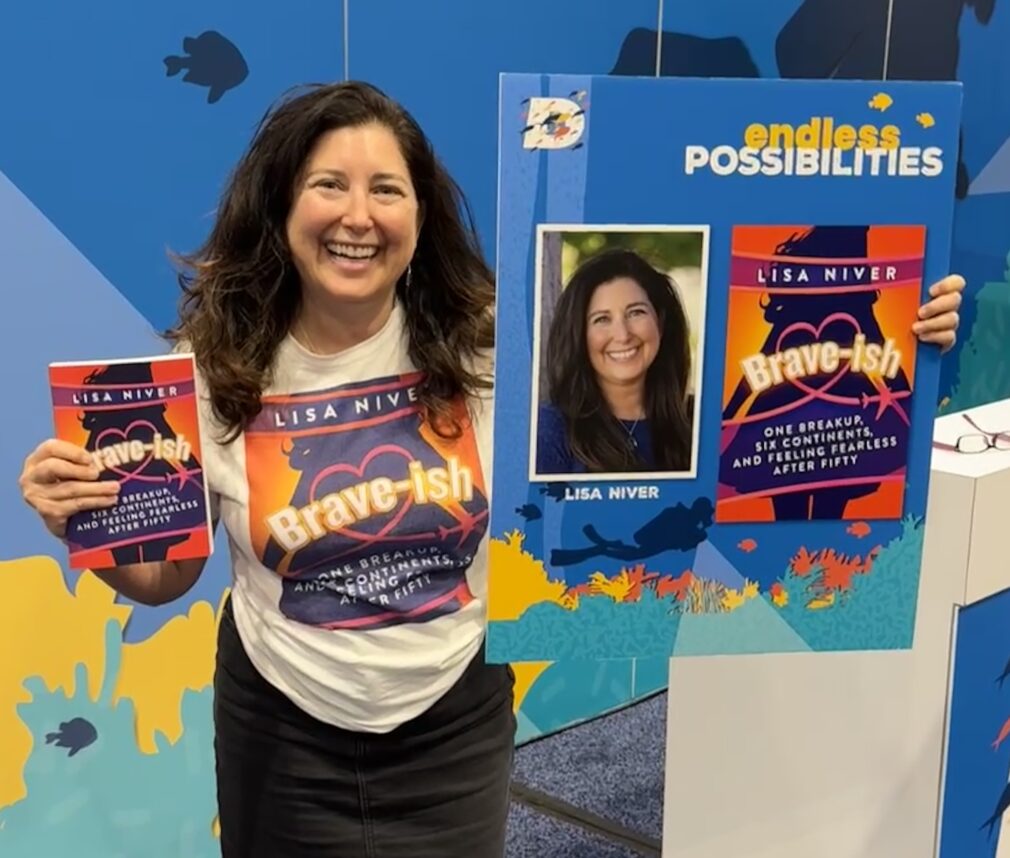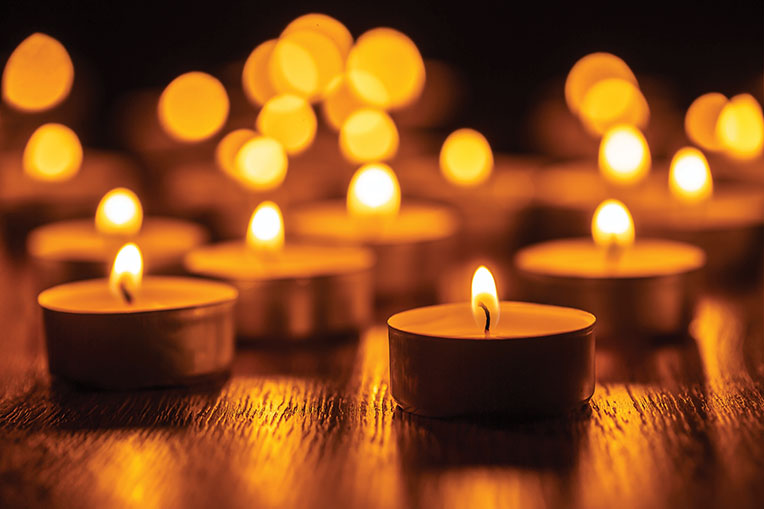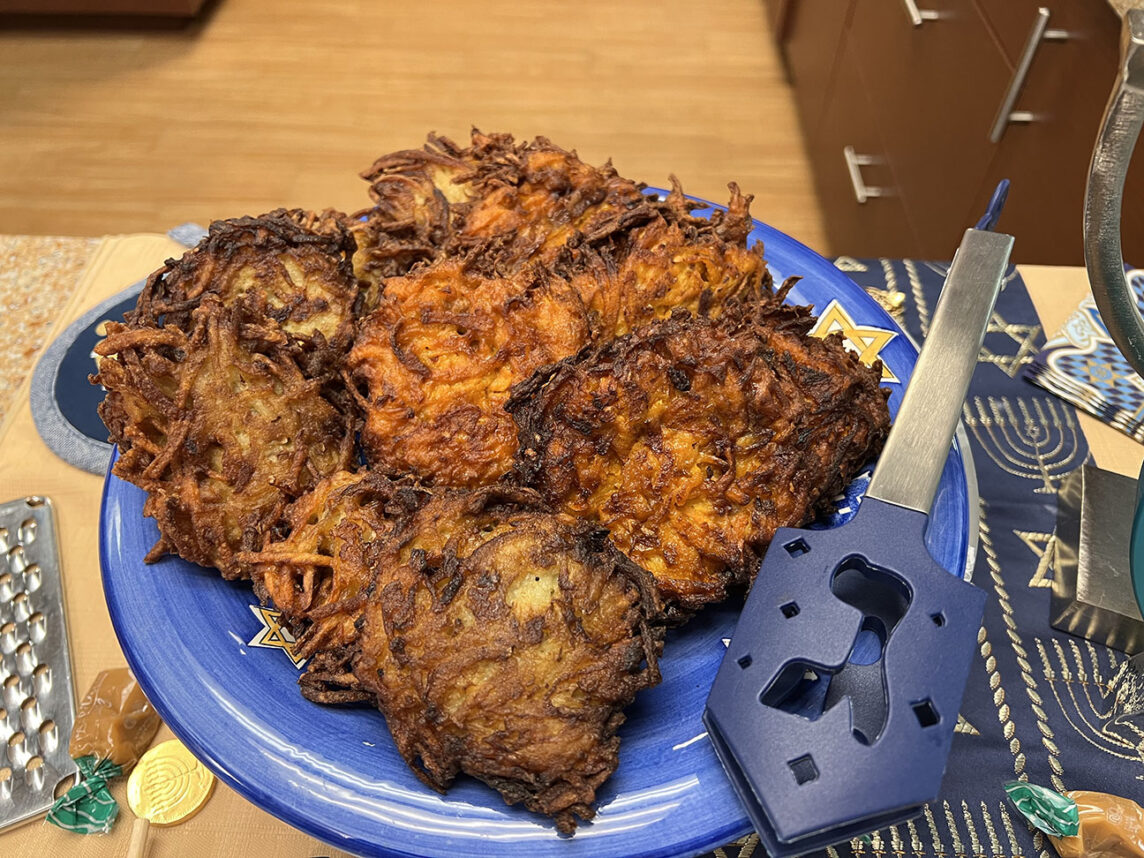
When Dr. Sheila Nazarian was 7 years old, she left Iran and didn’t speak a word of English. Today, she is one of the few physicians in the United States who has emerged as a leading medical authority and personality.
Nazarian, a board-certified plastic surgeon, has earned her stripes not just for her work, but among the Jewish community for her devotion to family—her husband and three children,for her outspoken confidence and for her ability to serve as a role model to younger women who are reaching for more as the glass ceiling is shattered.
With more than 208,000 followers on Instagram and a strong business acumen, Nazarian launched The Skin Spot, a curated collection of medical-grade skincare, and founded The Nazarian Institute, a conference that helps luxury brands think BIG (Branding, Innovation and Growth). This year, the Nazarian Institute’s keynote speaker is Bethenny Frankel.
Patients from all over the world fly in to see Nazarian in her Beverly Hills office, which consists of an all-female staff, and is located among 30 other plastic surgeons who work in the same building. To rise above so much competition in such a short amount of time requires tenacity, skill and persistence—or what Nazarian refers to as “building her Shabbat dinner.”
“You don’t invite people over for Shabbat when you haven’t learned how to cook and your kids’ LEGOs are all over the floor,” Nazarian says. “So first you have to build your home and then you can go advertise and invite people over.” And that’s exactly what she did. Upon graduating, Nazarian treated her friends and family for the first two months until she ran out of clients, after which she devoted a year to building her practice and her media presence.
“Of course, you have to do good work, you have to take good care of people, have good bedside manner, good reviews, but that’s not enough,” says the physician, who is also known for giving back to the community.
In a sermon not too long ago, Rabbi David Wolpe of Sinai Temple told his congregation about a free joint treatment he received from Nazarian and her husband—a neurosurgeon—when he fell and hit his head at a wedding he was officiating. Wolpe was also the rabbi who married the two physicians years ago.
Prior to meeting her husband, Nazarian said she encountered many men who seemed intimidated by her title. “I was dating a lawyer and he said ‘I don’t want our wedding invitations to say Mr. And Dr.’ so I went home and cried to my dad and I was like ‘no one’s going to marry me.’ But in the end, the right man wants a strong woman,” she says.
Being a woman in the field of medicine also has its own challenges, and to those who are looking to follow in her footsteps she says, “you have to be able to stand up and say ‘I’m good at this,’ and I feel like a lot of women have a really tough time with that.”
“I think when men accomplish something, they’re like ‘look at what I did, I’m amazing, I’m incredible.’ Whereas women are discouraged from expressing this sentiment, especially [in some] communities.”
And while she has worked hard to earn her credentials, there is the tacit pressure of being Persian that requires a woman to uphold a majority of the family responsibility, no matter how stressful work gets. Nazarian says that while she does receive grocery shopping help from a personal assistant, she makes sure to drop her own kids off at their Jewish day school every morning. Because of this, she starts her surgeries at 9 a.m., where most surgeons start at 7 a.m.
She reads to her children often, and recommends the book “Grit” by Angela Duckworth to parents who are looking to emphasize the value of hard work to their kids. This quality—grit—is what Nazarian says separated her from many of her peers.
“I feel like I peaked at the SATs. And then as you go up in training everybody’s smart and they’re smarter than you or they’re more hardworking than you and you thought you were the most hardworking person ever in your high school class and in college you’re not. But I had the most grit,” she says.
“I was first in the hospital and the last to leave. That’s why that book really resonated with me, so I kept reading it aloud to my kids and then also I try to tell them about our background and how we came here with nothing and how we have to work hard no matter what circumstances life presents us with.”
For more information visit her website.









